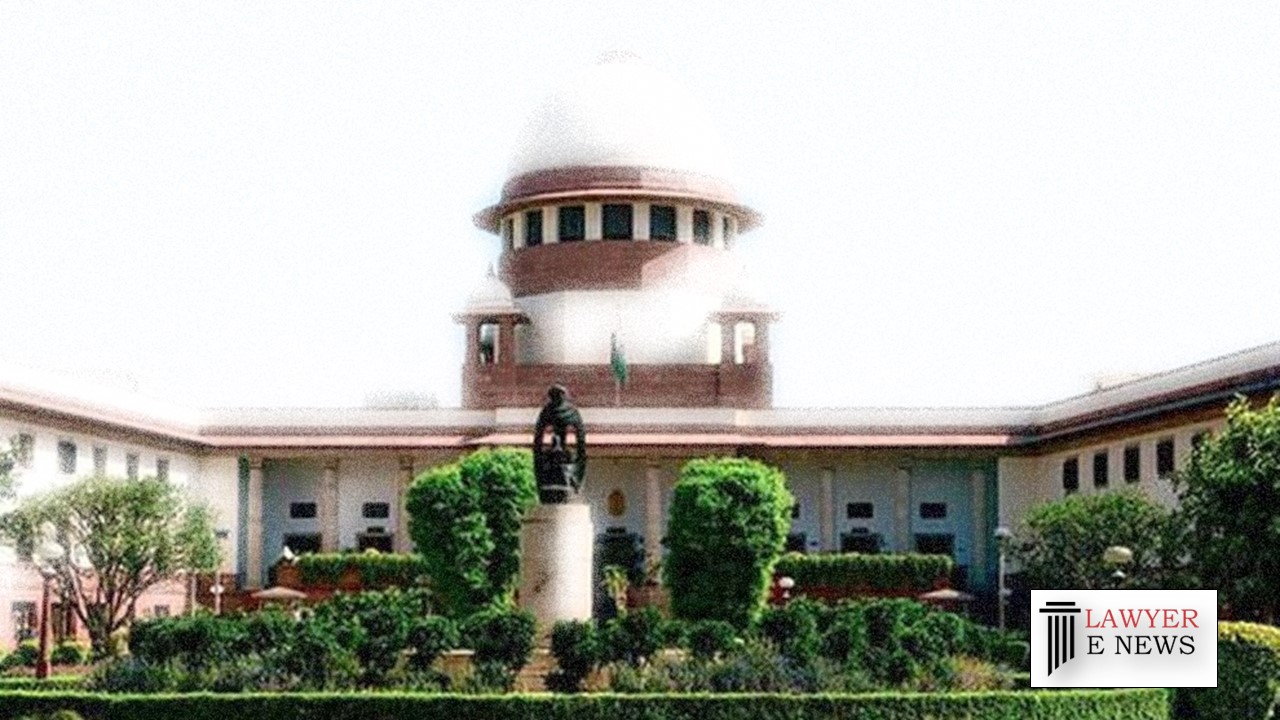-
by Admin
15 February 2026 5:01 PM



In a significant judgment, the Supreme Court of India in the case of PHR Invent Educational Society v. UCO Bank & Others, delivered on April 10, 2024, observed that High Courts should refrain from entertaining writ petitions under Article 226 of the Constitution when an efficacious alternative remedy under the SARFAESI Act is available, except in specific exceptional circumstances.
The judgment hinged on the legal question of the High Court’s jurisdiction in entertaining writ petitions against orders passed under the SARFAESI Act, particularly when statutory alternative remedies are available.
The appellant, PHR Invent Educational Society, appealed against the High Court’s order, which had set aside the Debts Recovery Tribunal’s (DRT) dismissal of the borrower’s application for restoration of a Securitization Application post-auction of mortgaged properties. The primary issue was whether the High Court was justified in entertaining the writ petition despite an alternative remedy being available under the SARFAESI Act.
Alternative Remedy and High Court’s Jurisdiction: The Court observed that the High Court erred in entertaining the writ petition when an alternative remedy was available under the SARFAESI Act. It emphasized that the High Courts should not interfere in such matters, citing the Supreme Court’s decision in the Chhabil Dass Agarwal case.
Validity of Auction Purchase and Borrower’s Conduct: The Court noted that the auction sale, once confirmed, should only be interfered with in cases of fraud or collusion, which was not present in this case. The Court also highlighted the borrower’s failure to comply with the DRT’s order, which had a direct impact on the outcome.
Exercise of Jurisdiction under Article 226: The Supreme Court reiterated its stance that petitions under Article 226 should not be entertained in the presence of an effective alternative remedy, except in exceptional circumstances, which were not found in this case.
Decision: The Supreme Court allowed the appeal, setting aside the High Court’s order dated February 4, 2022, in Writ Petition No. 5275 of 2021, and dismissing the writ petition with costs imposed upon the borrower.
Date of Decision: April 10, 2024
PHR Invent Educational Society v. UCO Bank & Others
